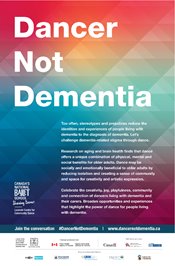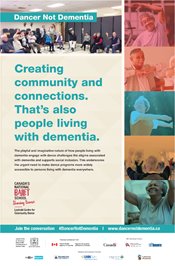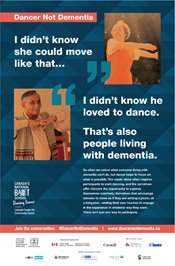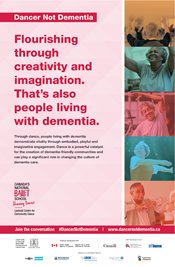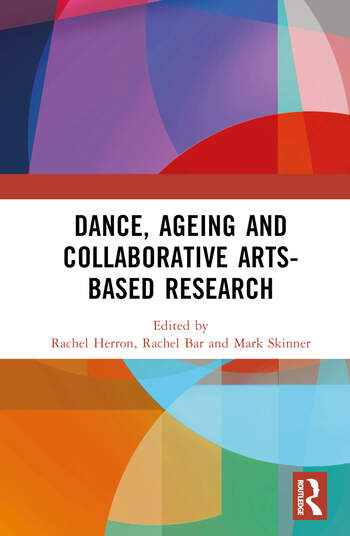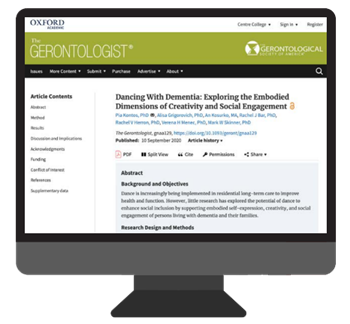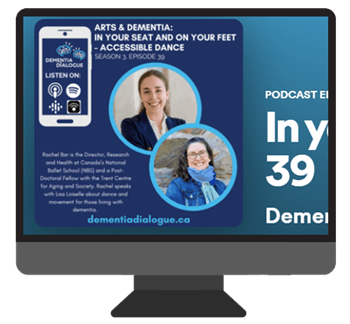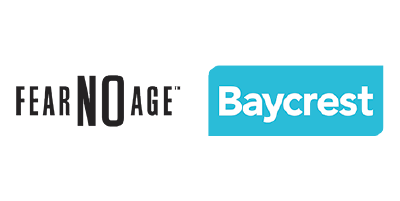Too often, stereotypes and prejudices reduce the identities and experiences of people living with dementia.
What comes to mind when you think about someone living with dementia?
If your thoughts focus exclusively on the disease, you are not alone. The negative attributes of dementia are so stigmatized in society that often, when considering a person living with dementia, we think of everything but the person.
Stereotypes, prejudice, and discriminatory practices lead to social exclusion and can compromise the health, well-being and quality of life of someone living with dementia (Burgener, Buckwalter, Perkhounkova, & Liu, 2015; Garand, Lingler, Conner, & Dew, 2009). So strong is the hold of the dementia stigma that it defines how we see the person living with it.
Engagement in the arts, and dance in particular, is one way to re-centre our focus around the person. Participation in dance has the potential to counter stigma by “highlighting people as individuals with complex lives that exceed the narrow description of diagnosis” (Corrigan, 2007, p. 36).

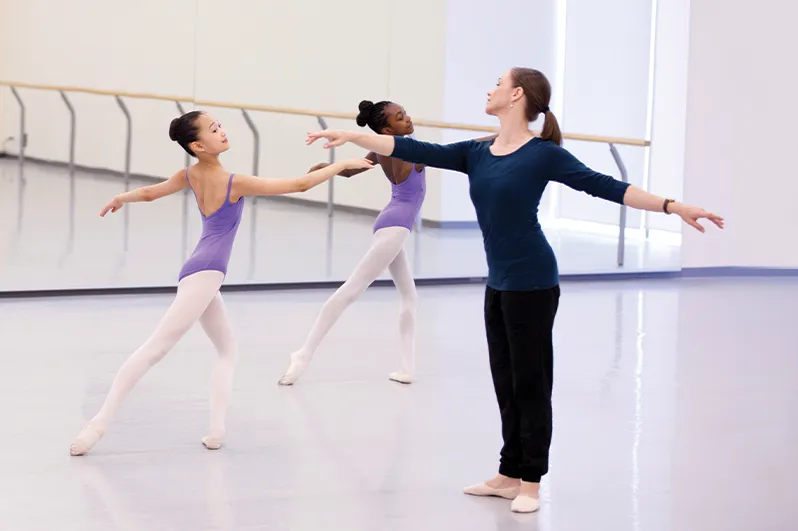
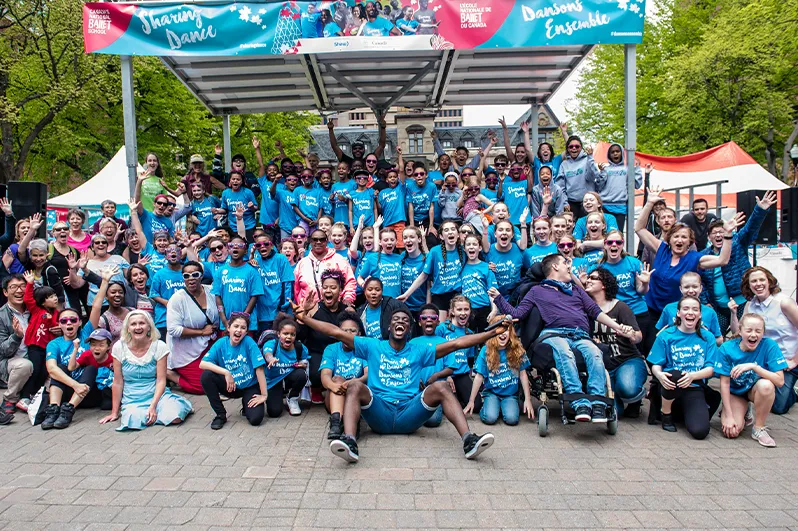
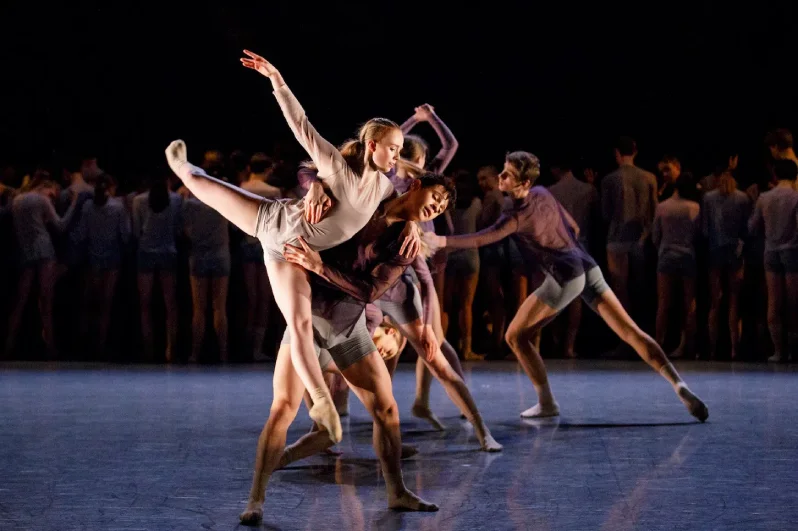
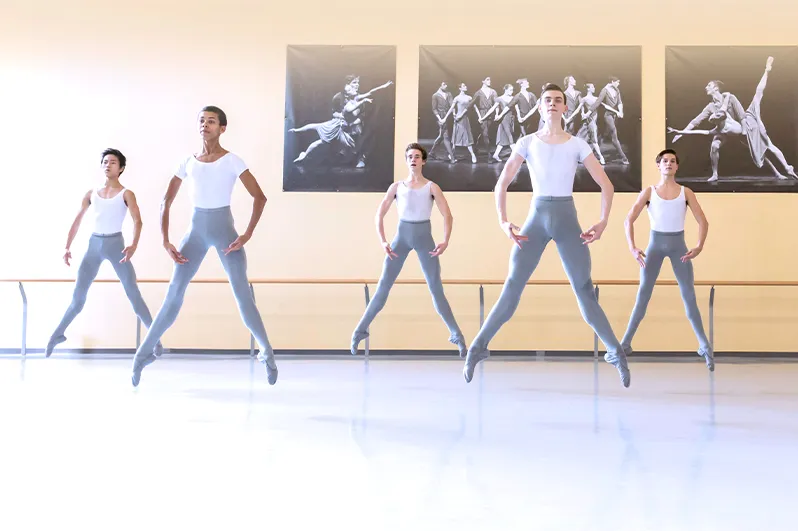
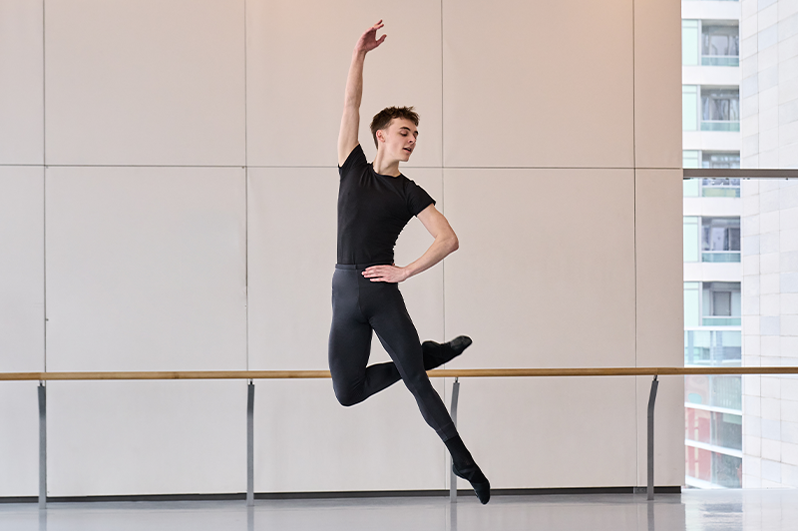
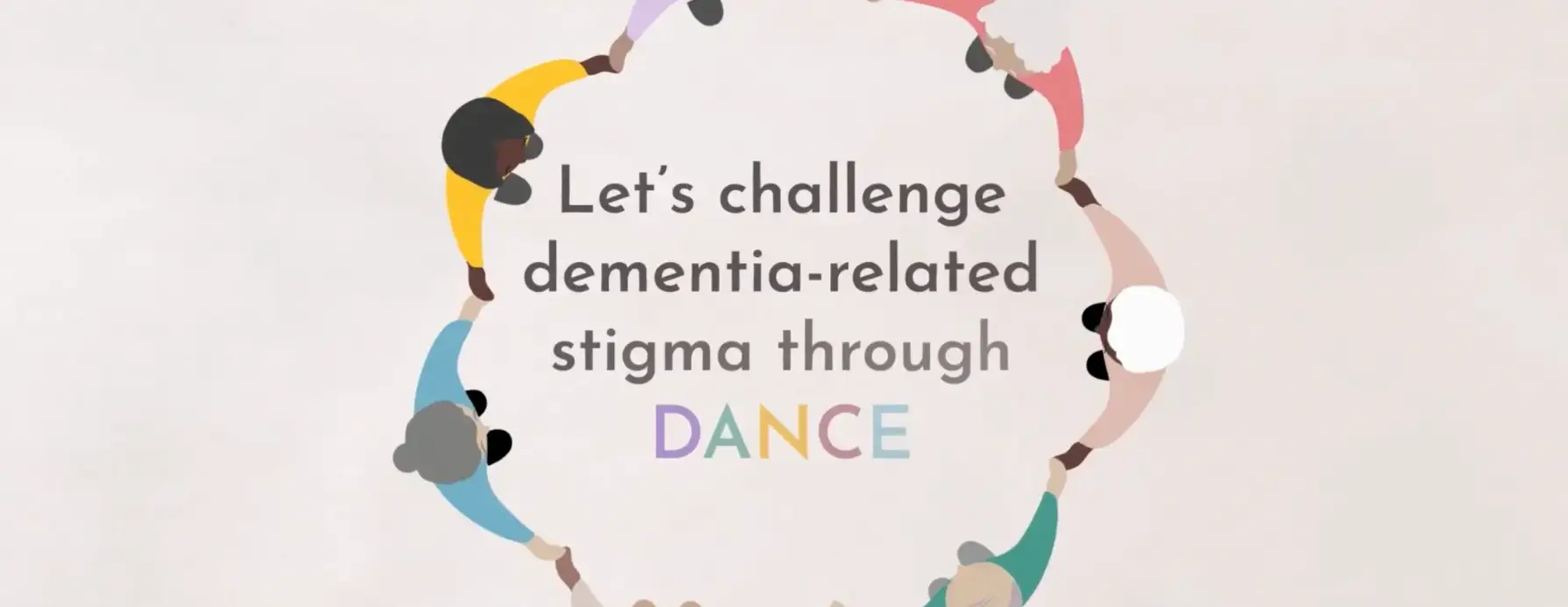

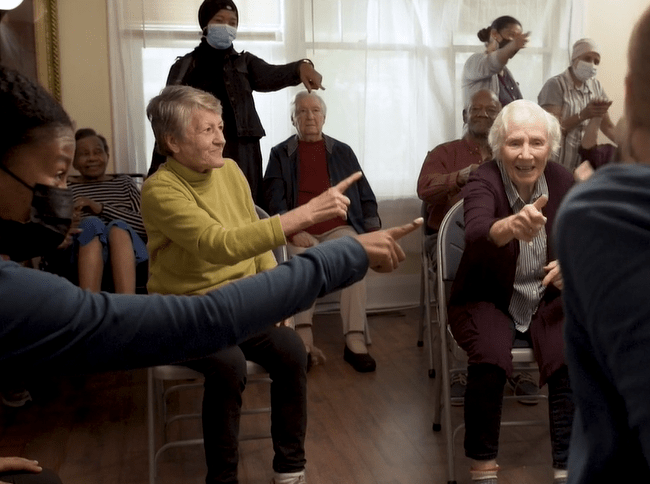
.png)


